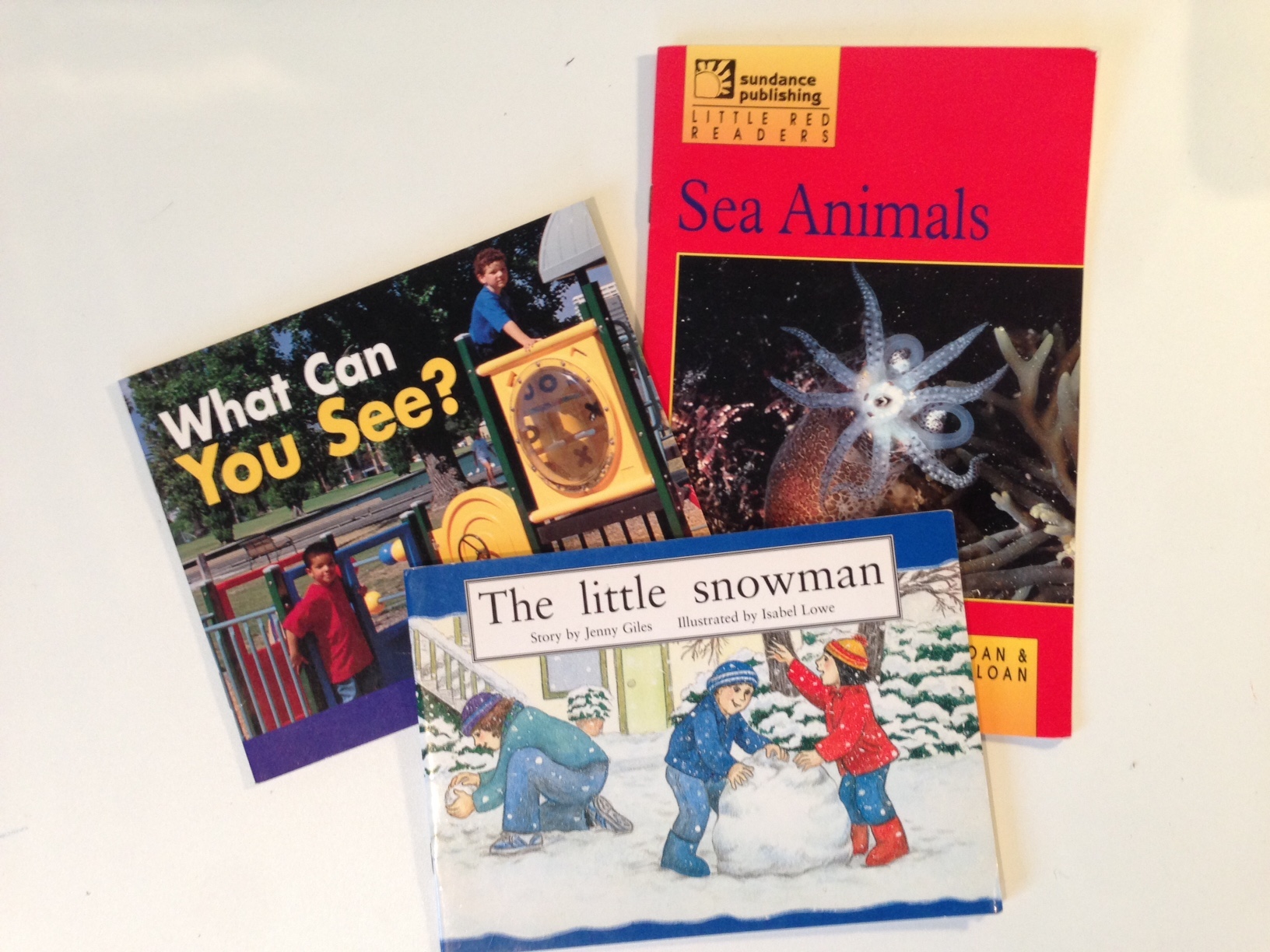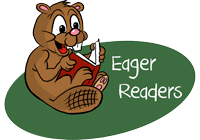Parents often ask teachers about their child’s reading level. This level may be referred to as a colour, a letter, or a number. Although they need not be a secret, reading levels are really just for teachers’ use. Teachers choose appropriate levels of texts to use in guided reading groups, where they teach students particular reading strategies. At any one time, a teacher has groups of students at various levels. Furthermore, there are different kinds of reading levels. A child has an:
‘Independent’ Reading Level
These are books the child can read without any difficulty; they are easy. Rereading these books is crucial for reading development because it allows students to practice reading with fluency, and it exposes them (repeatedly) to those sight words that the teachers want them to learn. These would likely be the books sent home for reading practise.
‘Instructional’ Reading Level
These books are chosen by the teacher to use in students’ reading groups. They offer opportunities for children to use newly acquired reading strategies to solve unknown words. On the first read of an instructional-level book, children will read with approximately 90% to 94% accuracy.
As a parent, knowing your child’s reading level does not really help you to help your child become a better reader. In fact, parents tend to use information about reading levels to compare their child to other children, which isn’t helpful to the child. All children develop at their own rate. It is better for parents to focus on how their child is reading rather than at what level.

Reading Strategies
Reading strategies are the how. If a child isn’t utilising a variety of reading strategies, it will be difficult to progress to higher levels with more challenging texts. This is why children may spend more time on a given level—seemingly at a plateau—because they are practising their reading skills, their reading strategies.
So, instead of asking your child’s teacher about reading levels, ask, What reading strategies is my child working on? That way, you will find out how to support his or her reading development at home!
Stay tuned for more information on reading strategies…
